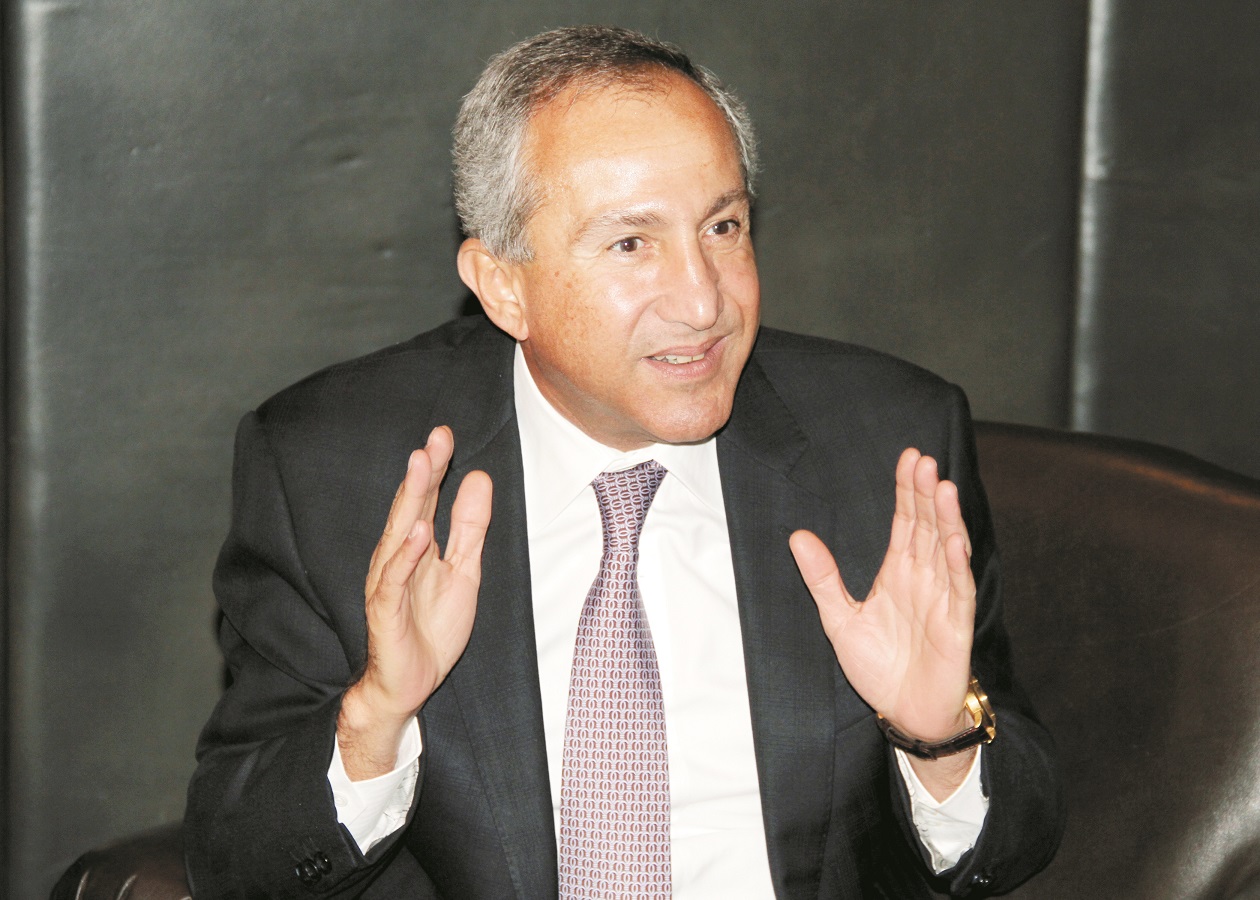Farid El Tobgy, the chairperson at Bavarian Auto Group, said the challenges facing automotive companies in Egypt include the shrinking market, the high customs tariffs, and keeping pace with the technological development that the automotive industry has reached around the world.
He told Daily News Egypt that the government should reveal its vision for the sector and its future in the coming period.
What are the main themes that you want the Egypt Automotive Summit to address this year?
The main problem of the Egyptian automotive sector is the size of the market, which has been shrinking gradually. We must work to increase the size of the market to develop that industry. Moreover, there is a problem with the Egyptian Customs Authority, whether in terms of guide prices or the customs exchange rate.
We should also discuss the implementation of the technical specifications of cars in Egypt, and discuss how to manage foreign currency and secure its availability at a competitive price, as well as means of activating trade agreements with neighbouring countries, and working to attract foreign investment to Egypt.
There must be a clear strategy from the state that should not be amended for five years. The state should reveal its monetary and fiscal policies for the coming period, so that companies can plan to cope with them. Furthermore, we should learn about the state’s vision for electric and hybrid cars.
How do you see the third annual Egypt Automotive Summit?
The objective of the annual summit is to present visions and opinions of all those involved in the automotive sector, including the government. This leads to recommendations that we can work to implement them in reality.
We are now in the third summit. We should evaluate the extent to which the recommendations of the second summit have been implemented, as this is the only conference that brings together all entities related to the sector.
What are the main demands of the third summit, particularly given the presence of related governmental agencies?
The banking sector must consider the automotive sector to be a national project. It should allow clients to purchase vehicles over longer periods, between 10 to 15 years. This would make the instalments more appropriate for individuals, especially given that the purchasing power of the average citizen has declined.
We will call for replacement and renovation, so that vehicles more than 20-years-old can exit the market. This would help us avoid their constant need for repairs and improve pollution levels.
Among other main concerns is also posing standard specifications for vehicles that match with international standards. This would improve the quality of vehicles on the market and ban the entry of poor-quality vehicles and raise safety levels.
Banning imports of vehicles of unknown origin and changing the Financial Leasing Law to include individuals under its umbrella can also help the sector.
In addition, we should activate trade agreements that stimulate exports, such as our agreements with Arab countries as well as the EFTA and COMESA agreements.
What are the main challenges facing the automotive sector right now?
The fundamental problem now is the rising price of vehicles and the declining purchasing power of citizens, fuelled by the appreciating US dollar exchange rate and increasing customs tariffs. The government should reveal its fiscal and monetary policy so that companies can plan ahead.
What is your vision for investing in the Suez Canal Economic Zone?
The government should grant special incentives for feeding and pen a clear strategy that does not get changed for at least five years.
What do you think of the tax and customs systems and their impact on the sector?
We must reform these systems, as consumers are the ones who will pay the price eventually. We should also discuss the laws and present them to concerned parties before they are posed.




